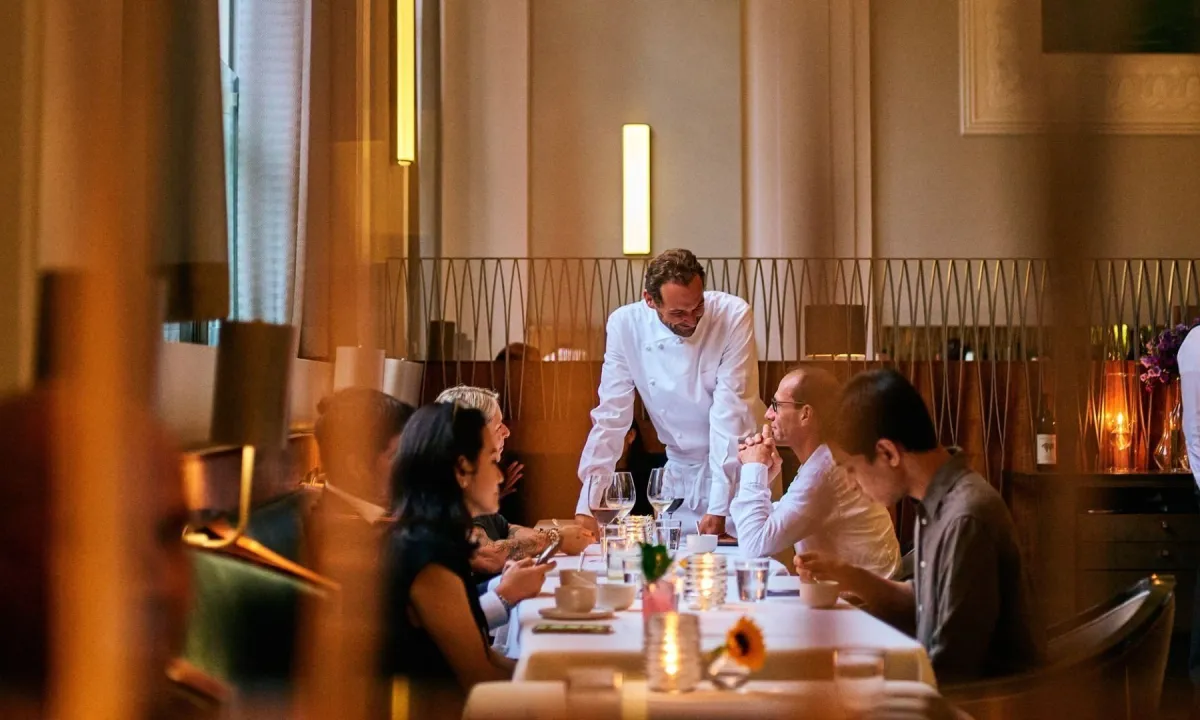When the Guest Complains About the Price: Don’t Defend It — Frame It
A guest says, “That’s a bit expensive…” or “Why is this dish so pricey?”Behavioral Economics Insight: Value Framing + Loss Aversion + Contrast Effect
Every day, somewhere in your hotel or restaurant, a staff member hears it:
“Wait, 35 euros for just chicken and rice?”
And many respond with nervous laughter or silence — or worse, they say:
“Yeah, I know… but that’s the price.”
Now you’ve just confirmed the guest’s suspicion: they’re being overcharged. Let’s fix that.
Why this moment is crucial:
When a guest questions a price, they’re not always angry — they’re uncertain. Their brain is doing value calculation under emotional pressure. If your staff doesn’t reframe the value in that moment, the guest mentally anchors to the loss, not the experience.
What to do instead:
Your staff should instantly frame the value, not the price.
Here’s how a trained team member should respond:
“That chicken is slow-roasted for 5 hours in our house marinade. The portion’s generous, and it comes with two handmade sides. It’s one of our most satisfying dishes.”
Or:
“It’s a bit more because we use organic, free-range poultry and all local ingredients — it’s a guest favorite, especially for foodies.”
Why this works:
This taps into Value Framing — you’re guiding the guest to look at what they’re getting, not just what they’re paying. It also uses:
- Loss Aversion: People fear missing out more than they hate spending money. So frame it like an opportunity they don’t want to miss.
- Contrast Effect: If you mention another higher-priced item right after, the original one feels more reasonable.
Example:
“Some guests go for the seafood platter at 49, but honestly, this one at 35 is just as rich — and more comforting.”
Common Staff Mistakes to Avoid:
- Don’t justify with “That’s what management decided.”
- Don’t freeze or laugh nervously.
- Don’t apologize for the price — apologize only for poor service, not for value.
How to train your staff to master this moment:
Create a story for every premium item: what’s handmade, slow-cooked, organic, local, award-winning?
Practice pairing price defense with emotional rewards: comfort, quality, uniqueness, popularity.
Let them use emotion-based phrases like:
– “Honestly, it’s worth it if you’re in the mood for something comforting.”
– “Most guests who try it say it’s the best part of their meal.”
– “It’s something you remember, not just something you eat.”
Bonus Behavioral Tip:
Place higher-priced items above or beside your target item on the menu. Why?
Because of the Decoy Effect — people feel better choosing a “middle” option when something pricier exists nearby. Let your staff mention those items casually to reinforce this.
BOTTOM LINE:
When guests challenge prices, they’re giving your staff a golden moment to reframe the entire experience. Not with discounts, but with smart, emotional storytelling backed by behavioral science.

Comments are closed